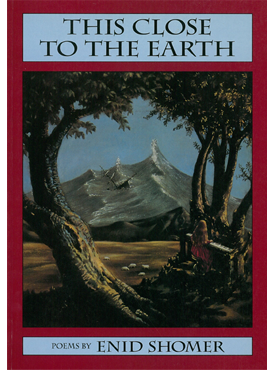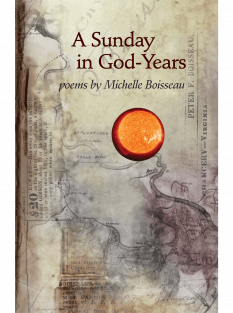These poems give voice to the life of the first woman to fly faster than the speed of sound. While Jacqueline Cochran was alive, no man or woman in the world could match her records for speed, distance, and altitude flying. Founder and director of the Women’s Airforce Service Pilots (WASP) during World War II, Cochran continued to fly competitively until she was sixty, owned and operated her own line of designer cosmetics for three decades, ran for Congress, and generally placed herself on the path of history. Having begun life as a foundling in the crushing poverty of a lumber company town of the Florida panhandle, she described her life as “a passage from sawdust to stardust.” Yet after her death she has barely been remembered.
Poet Enid Shomer brings back this mercurial, dazzling, powerful woman. These poems speak in her voice and in the voices of her mother, teachers, husband, confidants, and political opponents, shaped by Shomer’s consummate formal control and stunning lyricism.
Enid Shomer is the author of three other books of poetry: Stalking the Florida Panther, winner of the Washington Prize; This Close to the Earth; and Black Drum. Her book of stories, Imaginary Men, won the Iowa Fiction Prize and the LSU/Southern Review Prize, both given annually for the best first collection by an American author. Her poems and stories have appeared in The New Yorker, Poetry, The Atlantic, Best American Poetry, and many other magazines and anthologies. She has been visiting writer at the University of Arkansas, The Ohio State University, and Florida State University.
“These poems are poignant, witty, and well-turned. This book not only makes a major contribution to the annals of women and the turbulent era Cochran lived in, but because it is immensely readable, it may break the sound barrier between historical facts and passionate feelings.”
—Maxine Kumin
“How refreshing it is, when so many books of poetry seem interchangable, to come across Enid Shomer’s marvelous sequence, Stars at Noon. Jacqueline Cochran’s life was an astonishing one, and it is evoked by Shomer with deftness and empathy. As a work of visionary hagiography, it is comparable to Robert Penn Warren’s great Audubon poem. In some alternate universe, where poetry is afforded the respect it should have, Stars at Noon would be an enormous (and deserved) popular success.”
—David Wojahn
“Jaunty, audacious, tough—and filled with soul—Enid Shomer’s Stars at Noon recreates an American life. Like the subject of her book, Shomer’s poetry flies, whipsaws, and is in love with words.”
—Alicia Ostriker, author of The Little Space: Poems Selected and New, 1968–1998




